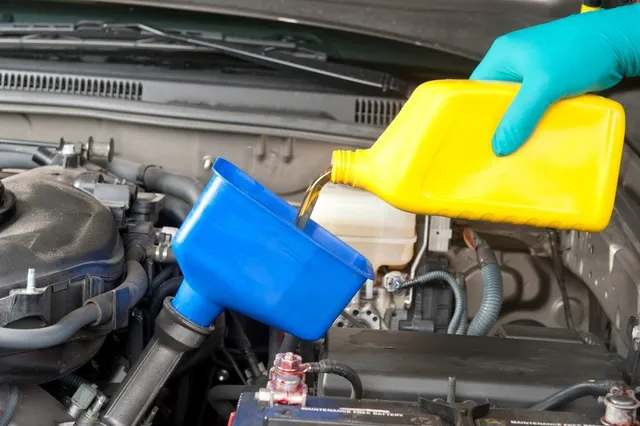Adopt Effective Used Oil Disposal Methods for Sustainable Environmental Protection
Used oil, if not handled properly, poses serious threats to the environment and public health. Every year, millions of gallons of used oil from vehicles, machinery, and industrial processes are generated. When disposed of carelessly, it can contaminate soil, pollute water bodies, and harm plants, animals, and humans. Adopting effective disposal methods is essential to reduce these risks and promote a cleaner, safer environment. Proper disposal also supports sustainable practices by allowing used oil to be recycled or treated, conserving natural resources, and minimizing environmental damage.
- Protects Water Sources: Used oil can seep into rivers, lakes, and groundwater, making water unsafe for drinking and harming aquatic life.
- Prevents Soil Contamination: Oil spills on land can damage soil structure, reduce fertility, and affect plant growth.
- Reduces Health Risks: Direct contact or inhalation of used oil can cause skin irritation, respiratory problems, and long-term health issues.
- Supports Resource Conservation: Recycling used oil reduces the need for new oil production, saving energy and raw materials.
Effective Methods for Used Oil Disposal
- Collection and Storage:
o Store used oil in clean, sealed containers.
o Label containers clearly to avoid mixing with other liquids.
o Keep storage areas away from open flames, drains, and extreme heat.
- Recycling and Re-refining:
o Take collected oil to certified recycling centres.
o Re-refined oil can be reused as lubricants or industrial oils, reducing demand for new oil.
o Recycling reduces environmental pollution and supports sustainable energy practices.

- Professional Oil Treatment:
o Some facilities treat used oil to remove contaminants before safe disposal.
o Treated oil can be used as fuel in industrial boilers, minimizing waste.
- Community Collection Programs:
o Participate in local collection drives or drop-off events.
o Community programs make Gebruikte motorolie afvoeren convenient and encourage environmentally responsible behaviour.
Practical Tips for Individuals and Businesses
- Never pour used oil down drains, on soil, or in water bodies.
- Avoid mixing used oil with chemicals or other hazardous materials.
- Keep records of oil disposal to ensure compliance with safety and environmental guidelines.
- Educate employees and community members about the importance of proper oil disposal.
Adopting effective used oil disposal methods is a critical step toward sustainable environmental protection. By recycling, storing, and treating used oil responsibly, individuals and businesses can significantly reduce pollution, protect public health, and conserve natural resources. Simple actions like using proper containers, participating in collection programs, and supporting recycling initiatives contribute to a healthier planet. Every effort count, and proper used oil management ensures cleaner ecosystems for current and future generations.
